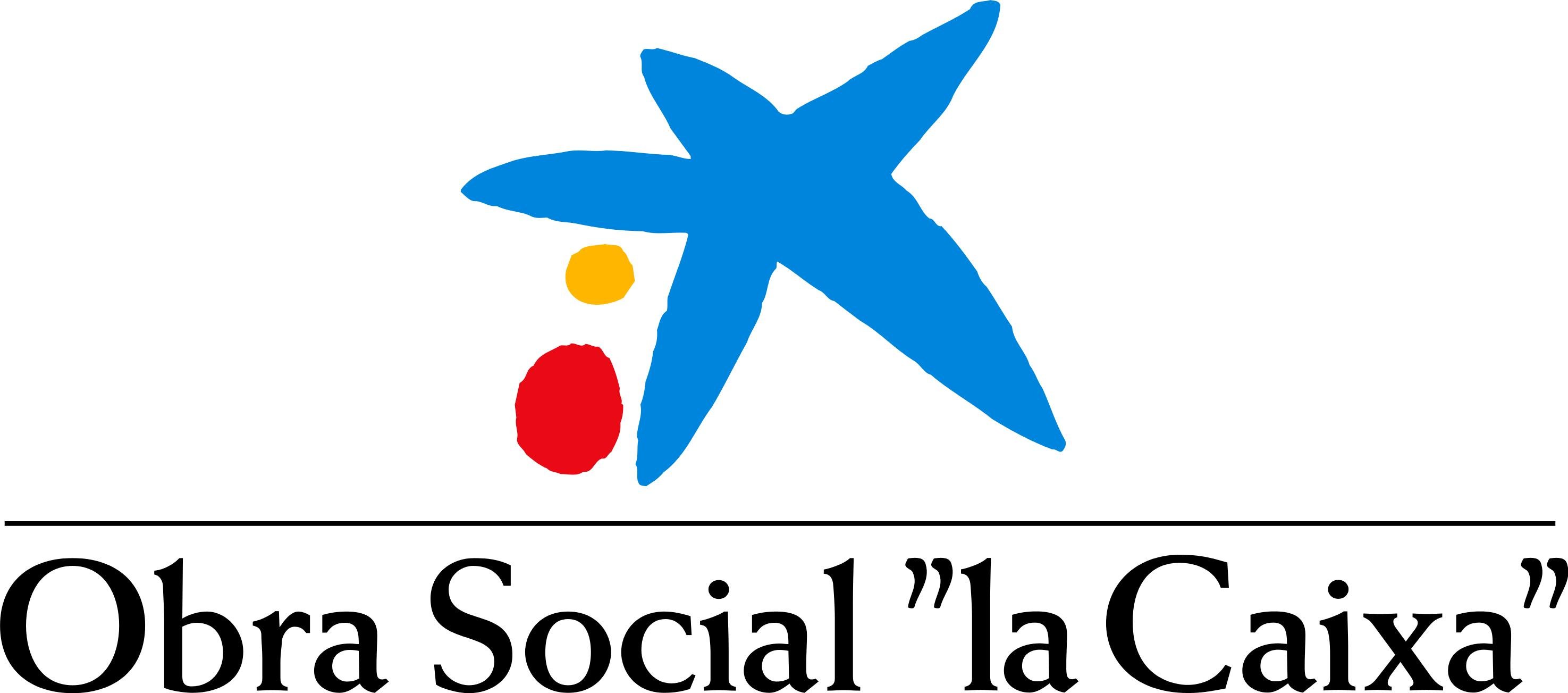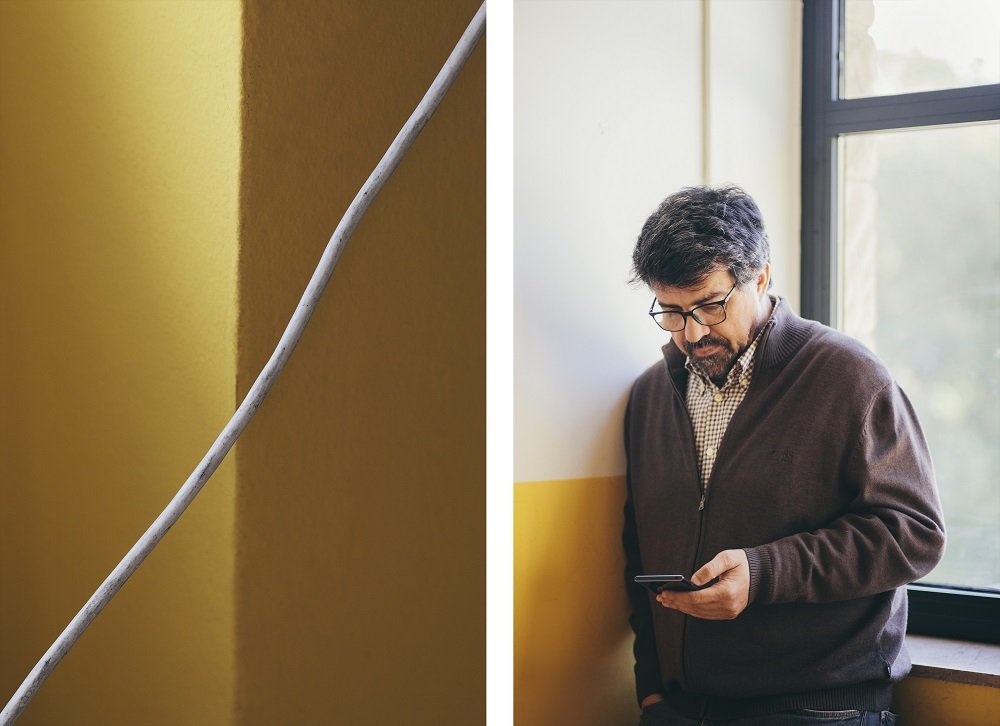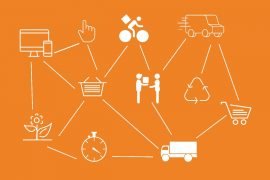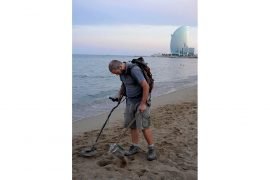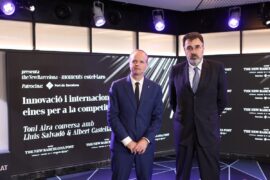You studied archaeology. How did you come to the field of digital technology and big data?
Not only did I study archaeology, but I even specialised in the Lower Palaeolithic. In this period, the fossil record is so tenuous that you need heaps of science, lots of data, to understand what happened. The other possible answer would be that archaeology is the study of human activity, and human activity is always associated with the use of technologies. I just keep applying the archaeological method to find out how people use the technologies to move forward in their day-to-day lives.
Ultimately, they’re tools, right? Digital or not…
They’re technology. Agriculture is a technology. Technology kind any technical knowledge that you apply to master nature for the sake of surviving better: staying warm, eating better, curing a disease…
So, what do we want to master with digital technology?
Do you have any doubt that any of those kids in secondary school now could survive without using it? What jobs would they aspire to? Today you can’t even be a shopkeeper or a taxi driver without technology. If you’re not willing to use technology, you’re frozen out of the market. But that’s not all: without computer technology, to be more specific, I don’t think you’ve got a good healthcare system or enough information or employability prospects. Technology is transforming society, and you’ve got to be conversant in it to survive.
So, does the Internet tear down social barriers or add another one? Because ultimately, it does cost money.
That was a debate, the digital divide, in the 1990s. Today, the percentage of the population with access to the Internet is around 98% or 99%. You can always connect from someplace with free Wi-Fi. Now we’re more concerned about whether citizens have access to mechanisms of participation and about transparency.
Why should we be concerned about the privacy of our data?
Every time that humanity faces a disruptive technology on this scale, basic concepts are re-examined, such as who holds the power. When information depended on writing, that’s what conferred power. In ancient Egypt, the scribes were extremely powerful. In the Middle Ages, the monasteries were. The printing press put an end to the mastery of written information, democratised its use and triggered a shift in era. Now we’re once again changing our relationship with information, and this is going to lead to changes in the social model. Whoever controls this information will be close to what we call power. Never before has a single organisation, either public or private, had so much personal information on so many people. Now Facebook knows how many people in Spain are thinking about getting a new car, and how many would prefer a red all-terrain vehicle over a green sedan. That information generates new economic models and makes something else more dangerous: since I know what you like, I’m going to show you only what you like. And this impoverishes you, because you end up living in environments in which everyone thinks like you.
So, is technology to blame?
People tend to use technology as a subject, as if it had intentionality or an ideology… Sometimes I say that technology is a superpower: it accentuates something that you already had. It is an accelerator of your human quality. If you were a good person, with technology you can be a super-good person, and vice-versa. The solution is to educate people.
How do you do that?
As a group, we’ve learned very quickly not to rely on a single source; it has become par for the course to question and doubt. In the past, people read a newspaper and taken for granted it was right. Now we’ve matured. We know that there are many kinds of information and ways of accessing it. This is being aware and having judgement. But it’s a slow process. The Industrial Revolution took us 150 years. The transition to the Neolithic took 5,000. Now everything happens more quickly: maybe we’ll only take 80 years. But that will still be 80 years.
Why is it so important to educate youths in technology?
While it is true that we should begin to be aware of where our data are, who is using them and for what purposes (and whether or not we’ve authorised them to do so), it is crucial that we begin to raise this awareness at school. And EduCaixa is precisely a programme that raises kids’ awareness of this: what data am I generating, how might large organisations use this data, and how might we use it to improve society or defend our causes? That’s not so bad, is it?
Photograph: Laia Sabaté
You can read more stories like this on ALMA, the social social media, a digital space devoted to the social field, which brings a new look at the present and the future of society, from an optimistic and diverse point of view, and from all the initiatives that “la Caixa” Foundation promote.

